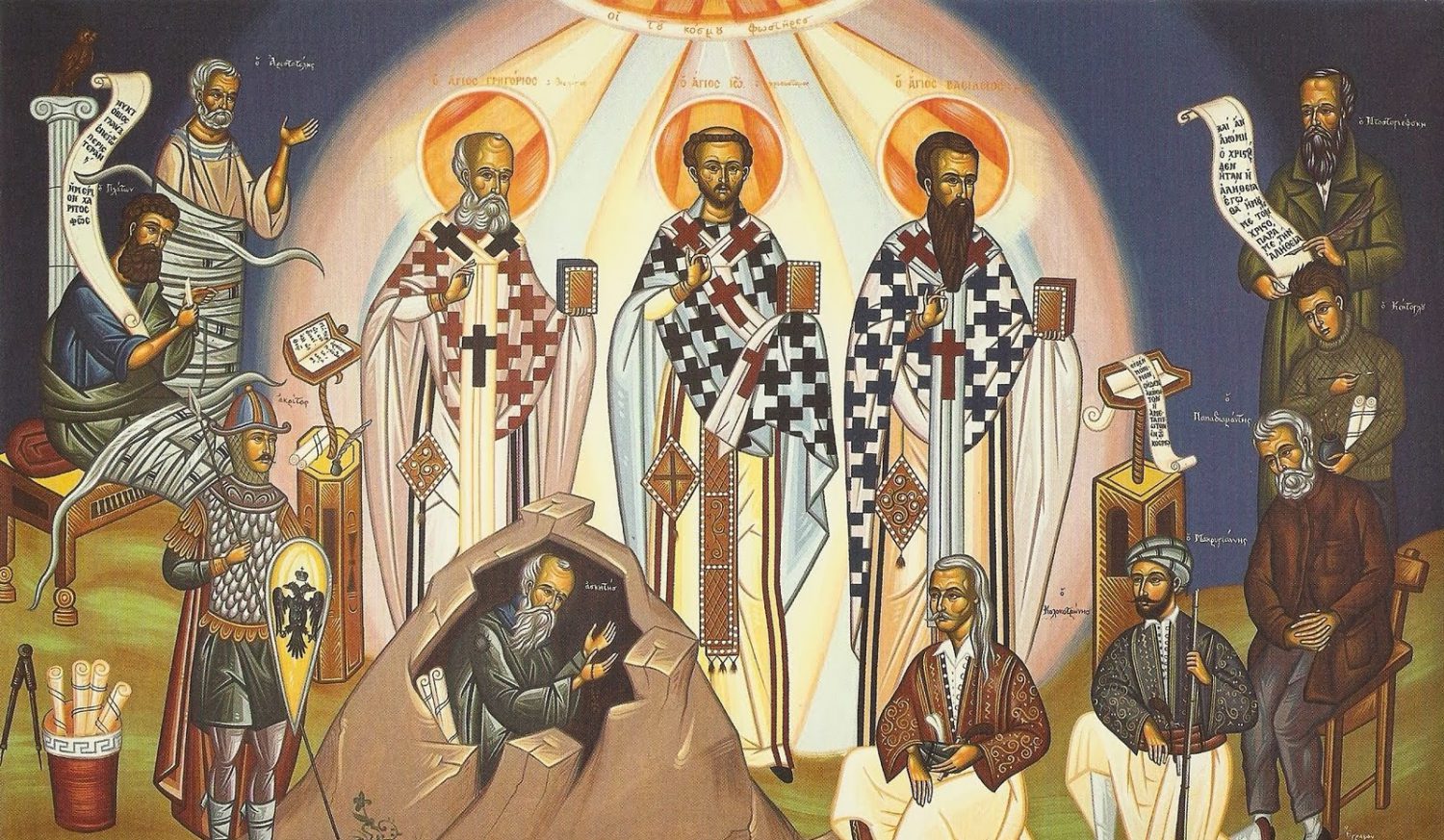
On the Holy Icons (Theodore)
This book is a sharpened update of St John of Damascus’s treatises on icons. In many ways it is preferable. The core of St Theodore’s argument hinges on the relationship between image and prototype. We can set up the argument this way: P1: If something is a prototype, then it can be imaged. Obviously, and quite brilliantly, Theodore is using St Basil’s very argument for the Holy Spirit, meaning if Theodore’s structure is wrong, so is Basil’s. This seems a very high price to pay. Theodore is correct that while it is true that the divine nature qua nature … Continue reading On the Holy Icons (Theodore)








